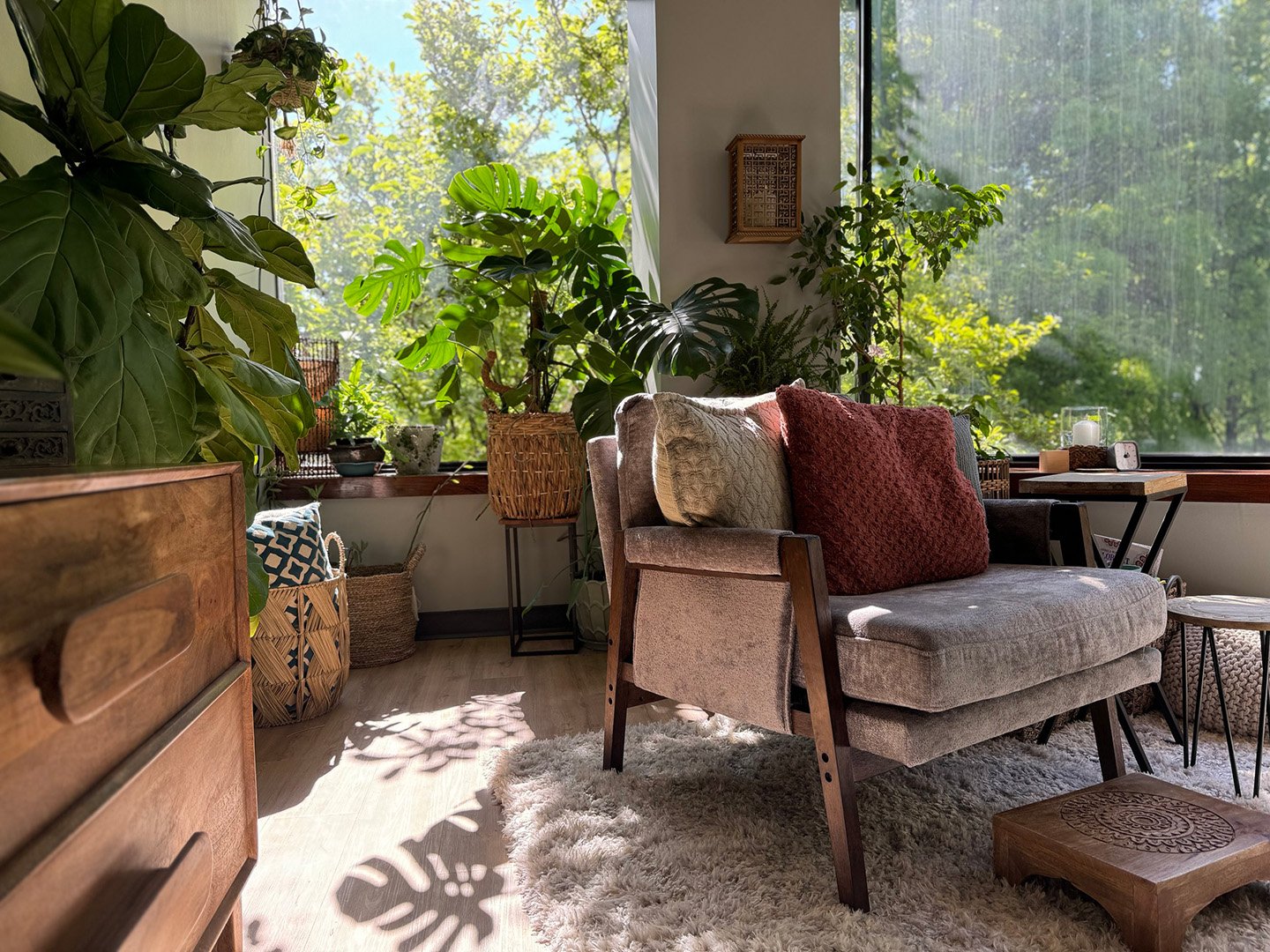
𖥸
The Hope Preserve
Find Steady Ground & Forward Movement
in a Safe Space
A collective of therapists dedicated to gentle, evidence-based care for trauma, neurodivergence, and everyday overwhelm. We’re here to empower adults and teens to thrive through ultra-personalized therapy in Tennessee.
Take your first step toward healing -
We’re here to help every step of the way
No pressure and no payment info needed. We listen, answer questions, and plan next steps together.
we’ll help you find the right fit
with a quick phone chat
(no phone tag - you pick the time!)
you get heard & supported
your sessions are in-person or online - whatever works for you
Schedule Now
A safer space to begin healing, grounded in sensory-supportive spaces & processes
In-Person in Brentwood, TN & Knoxville, TN | Telehealth Available Statewide
Healing is rarely a straight path. At The Hope Preserve, each step unfolds in a space designed to support your senses, offering comfort alongside proven, evidence-based care. Our therapists honor your story and meet you exactly where you are, walking with you through old wounds, new challenges, or the search for personal growth.
Your preference for support
Attuned care, just for you
Helpful for exploring personal challenges, identity, and deepest potential in a private, dedicated space.
Trauma Therapy - Complex or Simpler
Neurodivergent & Sensory Support
Experiential, Narrative, & Creative Therapies
Relationship Therapy - Solo, Couples, Families
Or heal in community
Helpful for building connection, perspective, coping skills, and confidence through inclusive group experiences.
Clay/Pottery Groups & Workshops
Dungeons & Dragons + Cozy Gaming Groups
Body-Doubling Sessions & Parent Coaching
Yoga Groups & Workshops
Meet Our Team
-

Allison Himmelstein, MS
Brainspotting + Clay + Adventure + Artistic Blocks & Personal Expression + Body Image + LGBT+ + Autism, AuDHD, ADHD + Trauma
-
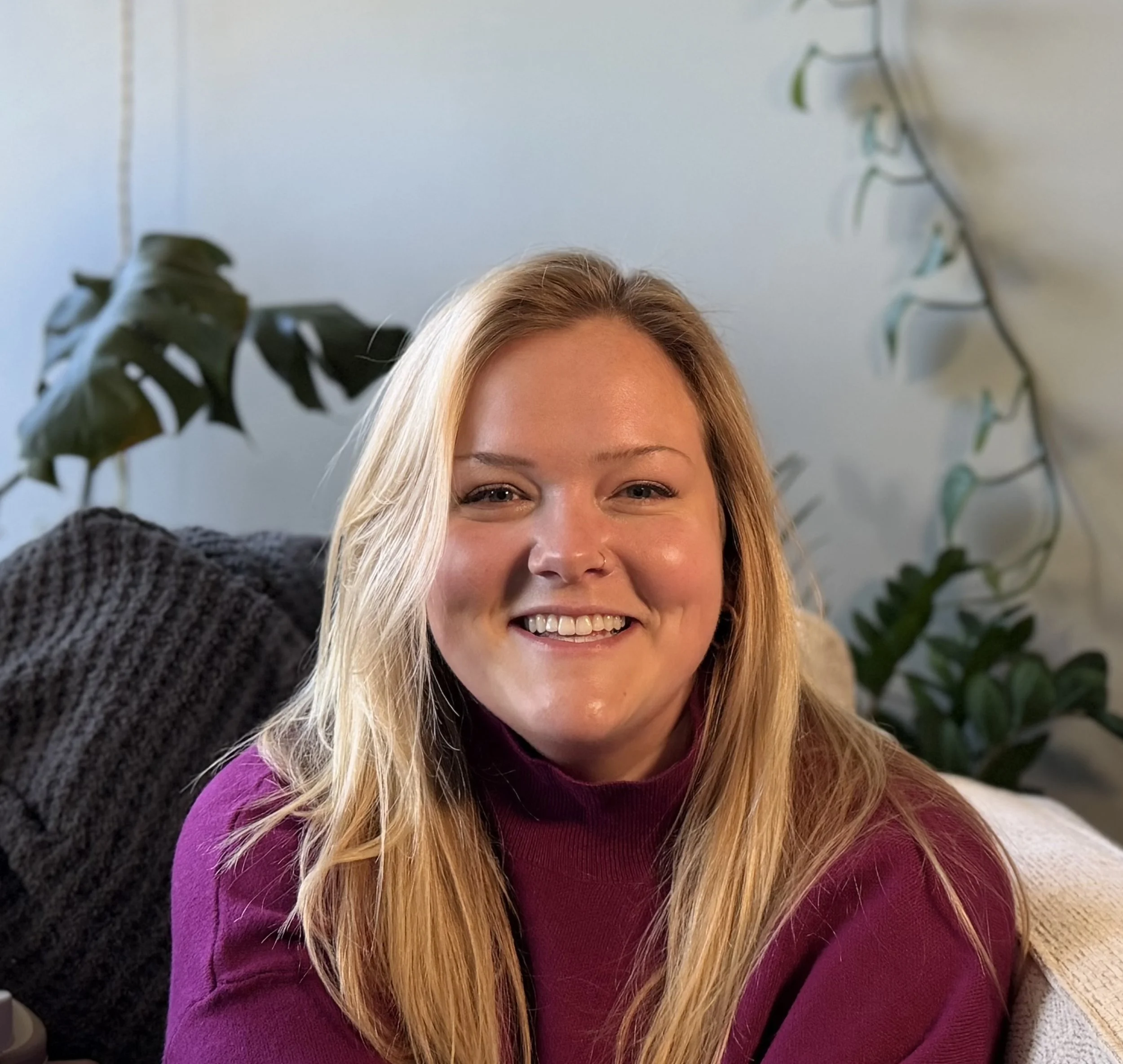
Dana Gilreath
Graduate Therapy Intern / Reduced Rates + Identity & Sexuality + Shame & Self-Esteem + LGBT+ + Trauma + Neurodivergence
-
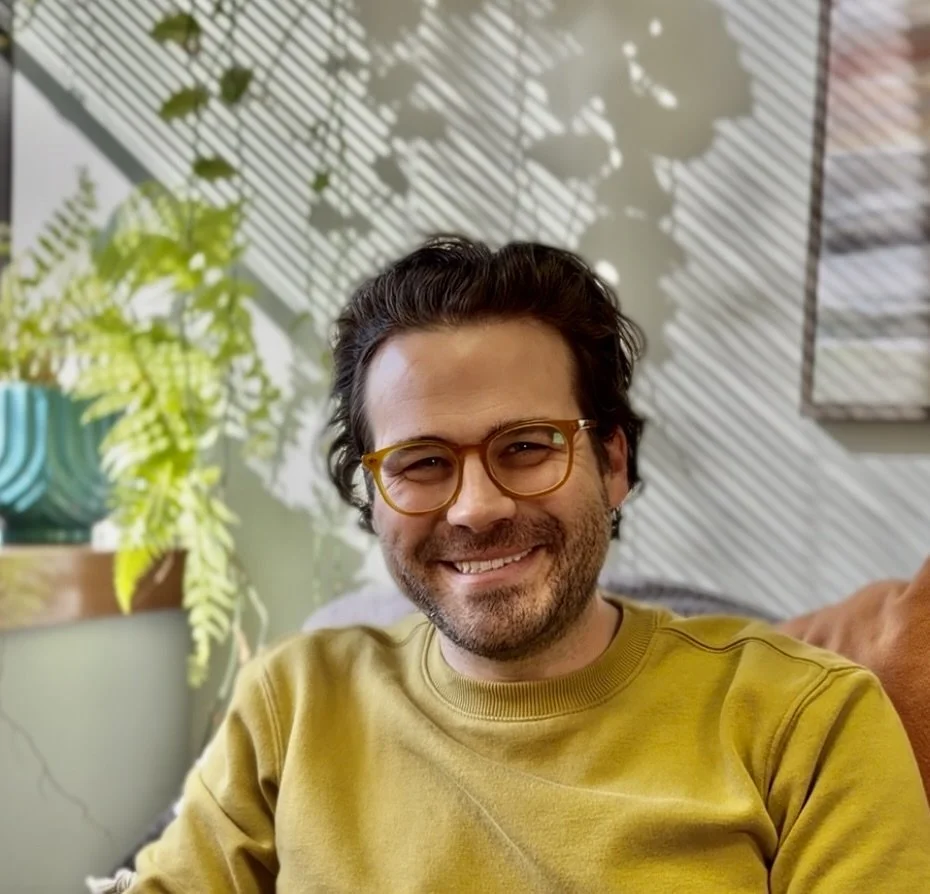
Jordan Purpero
Graduate Therapy Intern / Reduced Rates + Experiential Work + Leadership + Men’s Issues + Trauma + LGBT+ + Autism, AuDHD, ADHD
-
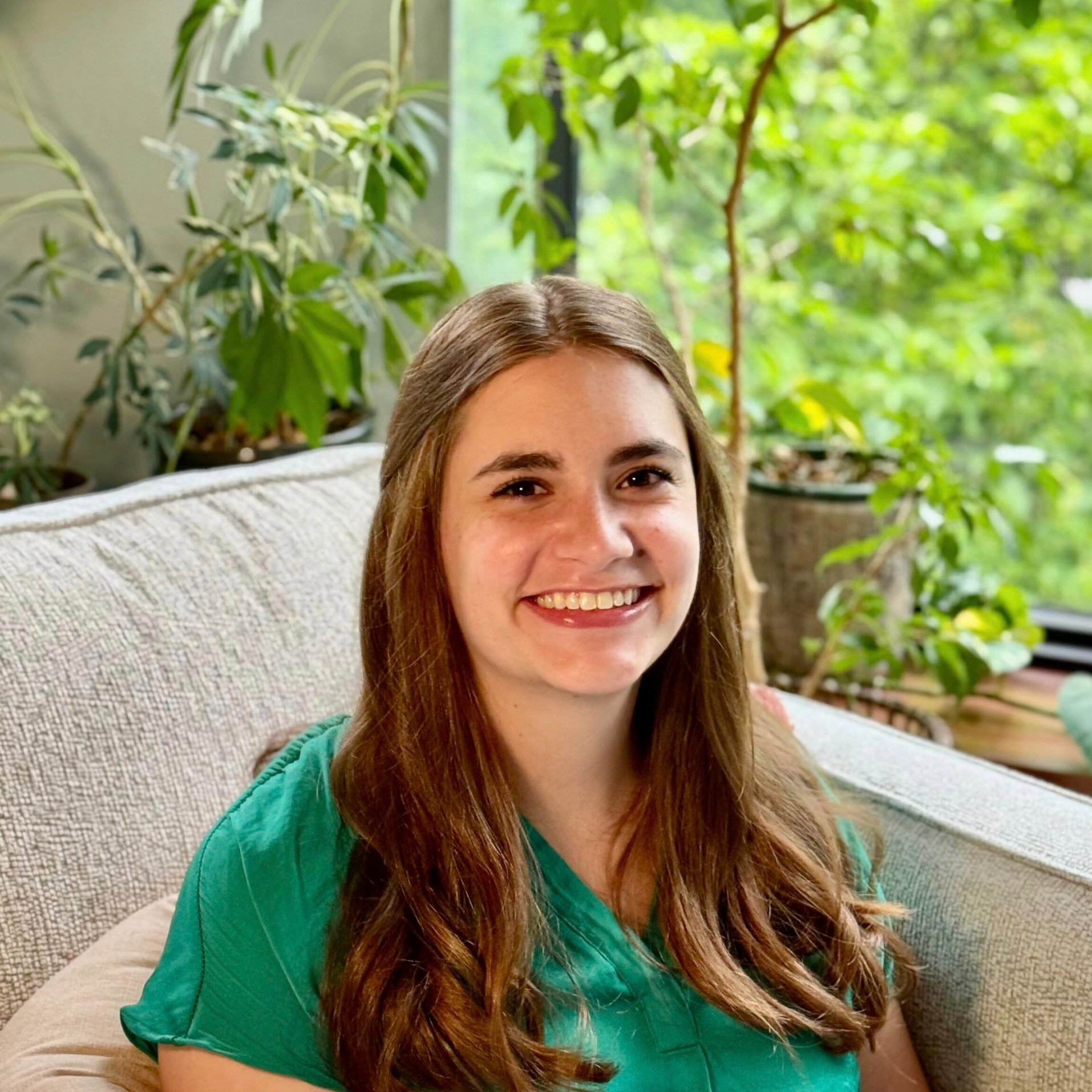
Lily Winebarger, MS
Brainspotting + Autistic Burnout + Cozy Gaming and D&D + Trauma, Relationships, Difficult Family + LGBT+ + Autism, AuDHD, ADHD
-

Noah Phillips, LMSW
Couples & Individuals + Gottman Method + EFT-Informed + Religious Trauma + Burnout, Boundaries, & People-Pleasing + Addiction
-

Penny Reif, MS
Brainspotting + Nerd Culture + D&D + Depression + Religious Trauma + LGBT+ Autism/AuDHD + Autistic Burnout + Sensory Overwhelm
-
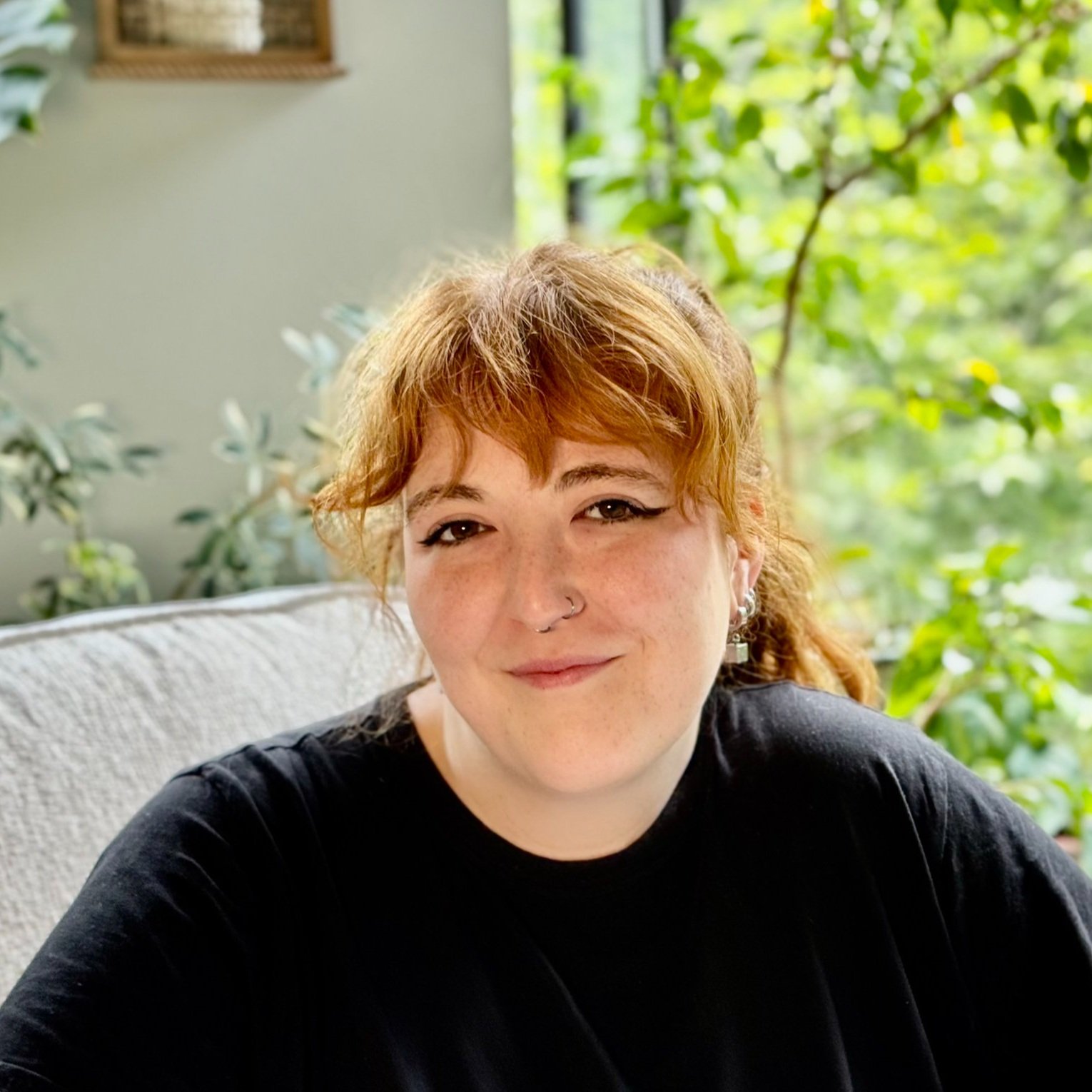
Taylor Miller, MS
Adults, Teens, Pre-Teens 10+ + Relationships & Attachment + Sensory Overwhelm + Play Therapy + Sandtray + LGBT+ + Neurodivergence
We’ll Help You Find the Right Fit
Use this calendar to chat with our front desk without the phone tag,
or get a same-day call/text/email back with the quick contact form.
Choose your preferred time:
Or have us reach out today:
-
We can usually get you in the same week or within 2-3 days.
We have appointments available in the early morning and evening in addition to regular daytime appointments
-
Yes and no.
How we can help depends on what you’re needing to get out of doing this testing to confirm your diagnosis.
Are you needing to know for yourself, to help you with your life, career, relationships?
Are you not really looking for support to deal with your diagnosis, and are just wanting to provide official assessment documentation to work or school to request accommodations?
We shine brightest at working with you to help informally confirm/discern a suspected autism or ADHD diagnosis.
This option is desirable to lots of folks because
you have the flexibility of not putting a diagnosis on your medical record, and
you can also start working on sensory supports, accommodations, and trauma work if needed right from day one, while you’re working through your diagnosis, and without having to wait for long, often expensive testing before you get to the support part.
Though we can work with you to confirm or disconfirm your suspicions of the diagnosis, we aren’t always able to provide the official assessment or formal letter that would be needed to request work accommodations or similar.
Different systems and institutions have different requirements for that, but we’re happy to take a look at any requirements ahead of time if that’s what she’d need.
But here’s the thing: whether the diagnosis ends up officially being there or not . . . how you’re feeling right now matters.
We truly love getting to do all of this support work no matter where the diagnosis lands because it’s usually struggles or feeling “different” that made you start wondering about the diagnosis. We haven’t met anyone that is seeking diagnosis just for fun.
Let’s say you didn’t meet the current criteria, for example - does that mean how you feel in this moment - in your current reality - doesn’t deserve sensory supports or trauma processing, or support for navigating your relationships? Just because you don’t meet the medical system’s criteria for a certain diagnosis?
It could even be that criteria for the diagnosis continue to evolve over the next few years, just as our current understanding has exponentially expanded over the last several years.
No matter your diagnosis, we do a lot of work to help you get supports in place and adjust to this new way of seeing life/self.
It’s different for everyone, but often looks like helping support sensory sensitivities, figuring out some accommodations for life/relationships - and so often there’s some grief, internalized shame, and trauma to work with, too.
If that’s not what you’re looking for and you’d just like meds or the old-school testing for now, we have some Psychiatric Nurse Practitioners that we partner with who can get you squared away for that part of the process.
-
We do not have a prescriber on staff but have trusted Psychiatric Nurse Practitioners we partner with for medication management.
They usually have quick availability and we trust them with our own families - and they are truly neurodivergent-affirming, most of them having extensive lived experience themselves.
-
We are out of network with all insurance companies, but offer a sliding scale for those needing a lower rate. Sessions range from $35-$175.
If you have out of network reimbursement on your insurance plan we can get you set up with the special receipts (superbills) you need for reimbursement or to have your sessions count toward your deductible.For HSA/FSA cards: we can run those cards like a regular credit card and provide any receipts the HSA/FSA might request.
You’ll want to check in with your insurance company to see what you need in order to get counseling covered or reimbursed, whether in-network or out-of-network.
Here are some questions to ask about your plan's coverage:
Do they reimburse for counseling? For out of network counseling?
Do they reimburse for the type of counseling you’re doing? (some plans may reimburse for individual therapy but not for groups or for couple/family therapy)
Do they require a diagnosis in order to cover your sessions?
How many sessions will they reimburse you for? Do they limit the amount of sessions they’ll cover based on your diagnosis
Do they require special permission for sessions over a certain length (for instance, 60-75 minutes vs. 45 minutes)
How much do they reimburse per session? Is it a flat amount, or a percentage of what you paid?
Will they allow unreimbursed sessions to count toward your deductible?
It’s important to find out these details before starting therapy so that both you and we have an idea of the expectations.
Sometimes insurance plans cover enough sessions to give you coping skills to change outward behaviors, but not enough sessions to dig into the deep, healing heart-work we believe can sometimes better help sustain those changes and feel more like yourself.
There are absolutely exceptions to that, though, so again: it’s always worth checking in with them.



